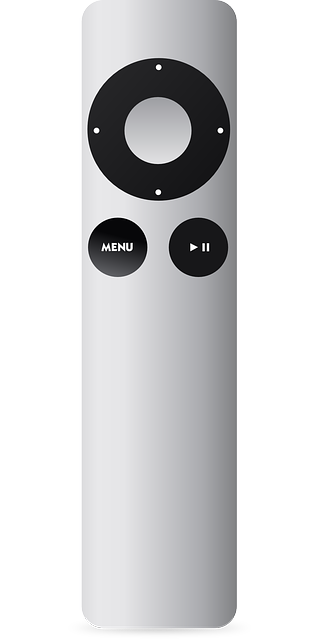Pest infestations vary greatly by pest type and environment, requiring Pest Control Services to understand behaviors like communication systems (ants), wood attraction (termites), adaptability (rodents), and varied habits (insects). Customized plans tailored to property challenges, local climate, structure age, and maintenance minimize waste, environmental impact, time, and costs. These plans include data-driven inspections, targeted treatments using advanced tech, eco-friendly methods like organic pesticides and IPM, and continuous monitoring for year-round protection. Choosing reputable services with a proven track record ensures safe, effective solutions that go beyond generic treatments.
“Uncover the secrets to effective pest management with customized solutions tailored to your unique needs. This comprehensive guide explores the art of creating personalized pest control plans, addressing common infestations and their behaviors. From identifying the most pressing pests in your region to understanding how property factors influence treatment strategies, we delve into every step.
Learn about modern targeted treatments, eco-friendly practices, and the importance of regular monitoring. Discover why a customized approach is not just an option but a crucial strategy for successful pest control services.”
Understanding Pest Infestations: Identifying Common Pests and Their Behaviors
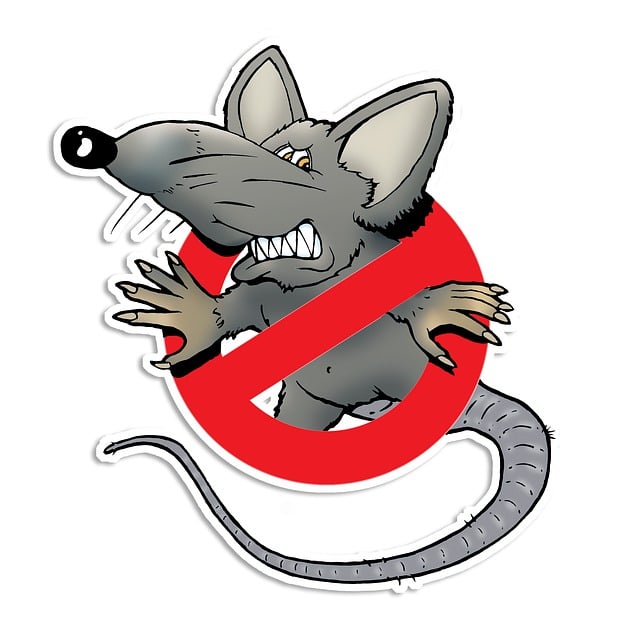
Pest infestations can vary greatly depending on the type of pest and the environment they find themselves in. Understanding these variations is crucial when it comes to developing effective Pest Control Services. Common pests like ants, termites, rodents, and insects each exhibit distinct behaviors that influence their impact and the control strategies required.
Ants, for instance, are known for their colony structure and advanced communication systems, making them quick to adapt and spread. Termites, on the other hand, are drawn to wood and can cause significant structural damage over time. Rodents are versatile and can inhabit both urban and rural areas, while insects vary in size and habit, from tiny ants to larger bees and wasps. By identifying these pests and their behaviors, pest control professionals can tailor their services, ensuring targeted and efficient solutions for each unique infestation scenario.
Benefits of Customized Pest Control: A Tailored Approach for Effective Results
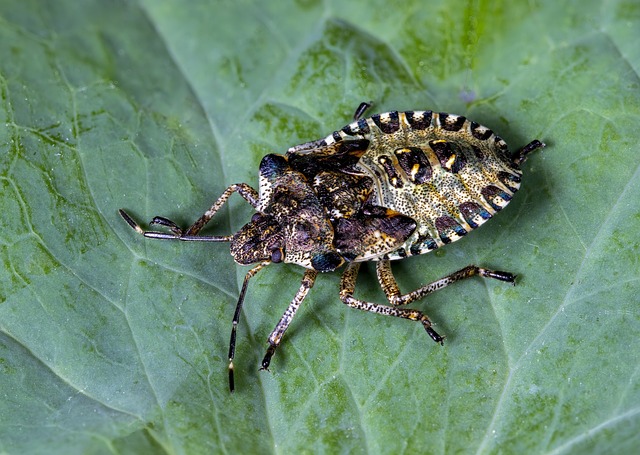
Customized Pest control plans offer a tailored approach, ensuring that each property receives specific attention to address unique pest challenges. Unlike one-size-fits-all solutions, these plans recognize that different environments attract varying pests and require distinct strategies for effective elimination and prevention.
Benefits include enhanced efficiency, as treatments are targeted at specific issues, minimizing waste and potential environmental impact. This precise method also saves time and costs associated with repeated general treatments. Customized plans foster a healthier balance between properties and pests, promoting long-term solutions that safeguard homes, businesses, and the local ecosystem from unwanted intruders, thus enhancing the overall quality of life for residents and visitors alike, while delivering top-notch pest control services.
Assessing Your Property: Factors That Influene Pest Control Strategies

When it comes to developing a customized pest control plan, assessing your property is a critical step. Several factors influence the most effective pest control strategies for your space. These include the type and severity of the pest infestation, the unique characteristics of your property, and the local climate. For instance, an urban apartment complex may require different treatments than a rural farmhouse due to variations in habitat and pest species prevalent in each area.
Additionally, structural elements, such as the age and construction of buildings, presence of crawl spaces or attics, and the overall cleanliness and maintenance of the property, play a significant role. Professional Pest Control Services consider these variables to tailor solutions that are not only effective but also environmentally responsible and cost-efficient.
Creating a Comprehensive Plan: Steps to Design a Personalized Treatment Program

Creating a comprehensive pest control plan involves several steps designed to tailor a personalized treatment program for your unique situation. It begins with an in-depth inspection, where professionals carefully assess your property, identifying potential entry points and active infestations. This detailed analysis allows for targeted solutions, addressing specific pests like termites, rodents, or insects.
Next, the experts consider your home’s structure, size, and surrounding environment to determine the most effective methods. This may include eco-friendly options or more intensive treatments, depending on the severity of the infestation. By combining these data points, pest control services can create a strategy that offers immediate relief while minimizing future risks.
Targeted Treatments: Methods and Technologies Used in Modern Pest Control Services
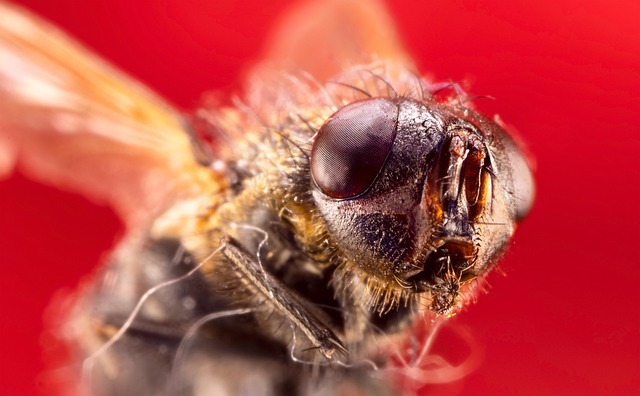
In modern pest control services, targeted treatments have revolutionized the way professionals address pest infestations. These advanced methods go beyond conventional sprays and traps, employing a range of technologies to pinpoint and eliminate pests precisely. From heat treatment and electromagnetic pulses to eco-friendly biological controls, these innovative techniques are designed to be effective yet minimally invasive. By understanding the behavior and habitat of specific pests, technicians can apply treatments directly where they’re needed most, reducing environmental impact and ensuring the safety of nearby humans and pets.
One prominent technology in targeted treatments is the use of surveillance drones equipped with high-resolution cameras and sensors. These drones can survey large areas swiftly, detecting pest activity even in hard-to-reach locations. Additionally, integrated software analyzes the data collected, providing detailed maps and insights that guide the application of specialized pesticides or baits. This level of precision not only enhances the effectiveness of pest control services but also contributes to a more sustainable approach, minimizing the use of harmful chemicals.
Safeguarding Your Environment: Eco-Friendly Practices in Customized Pest Management
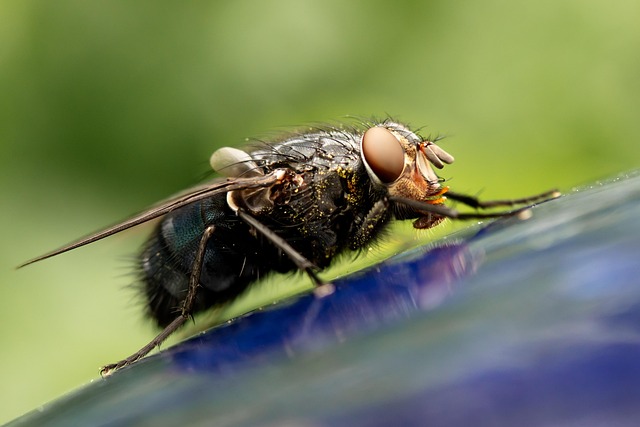
In the realm of customized pest control plans, safeguarding your environment is no longer a consideration but an integral part of modern pest management practices. Traditional pest control services often rely on harsh chemicals that can have detrimental effects on both humans and the ecosystem. However, with growing environmental consciousness, eco-friendly practices are at the forefront of innovative Pest Control Services. These methods prioritize minimizing the impact on non-target organisms, water sources, and soil while still effectively eliminating pests.
By embracing eco-conscious strategies, pest control specialists can offer tailored solutions that harmonize with nature. This includes the use of organic pesticides, beneficial insects, and integrated pest management (IPM) techniques. IPM focuses on preventing pest issues through regular monitoring, cultural practices, mechanical controls, and biological agents, reducing the reliance on synthetic chemicals. Such holistic approaches ensure not only a healthier environment but also contribute to preserving biodiversity and promoting long-term sustainability in pest control services.
Monitoring and Maintenance: Ensuring Long-Lasting Results Through Regular Check-ups

Pest control isn’t a one-time solution; it’s an ongoing process. After implementing a customized plan, regular monitoring and maintenance are crucial to maintain optimal results. This includes routine inspections to identify any new pest activity or potential entry points, allowing for swift action before populations rebound. By staying vigilant, our expert technicians can adjust treatments as needed, ensuring your property remains protected throughout the year.
Think of it like tending to a garden; regular watering and weeding keep it thriving. Similarly, consistent maintenance in conjunction with pest control services prevents infestations from returning, providing lasting peace of mind.
Common Misconceptions About Pest Control: Separating Fact from Fiction

Many people hold misconceptions about pest control, often due to misinformation or a lack of understanding. It’s crucial to separate fact from fiction when considering pest control services. One common misconception is that pest control is one-size-fits-all, but in reality, tailored solutions are essential. Every property and situation is unique, requiring specialized treatments. For instance, a residential home may not face the same challenges as an agricultural farm or a commercial building.
Another popular belief is that pest control chemicals are always harmful. While it’s true that some substances can be dangerous if misused, modern pest control methods emphasize safety and environmental consciousness. Professional services employ advanced technologies and eco-friendly products to ensure minimal impact on humans and pets while effectively managing pests.
Choosing the Right Expert: Tips for Selecting Reliable Pest Control Services

When it comes to selecting reliable pest control services, choosing the right expert is paramount. Start by checking their reputation and experience in the industry; look for reviews and references from past clients to gauge their effectiveness and customer service. Licensed and insured professionals are a safe bet, ensuring that any potential risks or damages are covered.
Reputable pest control companies should offer tailored solutions rather than a one-size-fits-all approach. They should conduct thorough inspections to understand the scope of your pest problem and then design customized plans accordingly. Inquire about their methods, products used, and safety measures to ensure they align with your expectations and industry standards.
